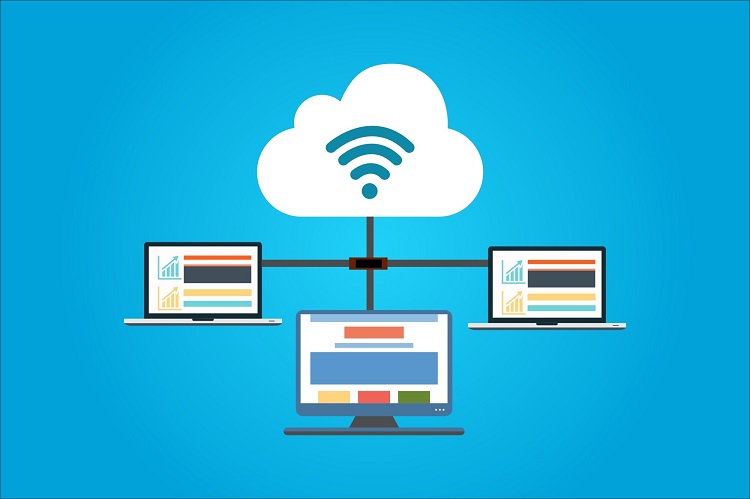Though much of what happens online seems instant, it’s always worth remembering that a great deal is happening behind the scenes. Every time you type a website into your address bar, for example, your device must reach out to other servers to process your request and manage the traffic.
That’s where popular communication methods like Unicast and Multicast come in. These efficient communication network models allow us to make the most of our digital world.
However, if you’re in a position to require fast downloads, high performance, and lower latency, you might have heard of a newer, more optimized method: anycast.
But what is anycast, anyway, and does it have benefits for your business? Here’s a brief explainer.
What Is Anycast?
Before we dive in, it’s important to understand the workings of anycast vs.
unicast, multicast, and broadcast.
Unicast addressing is the routing scheme that much of the Internet uses to work. With this type of addressing, you’ll get a one-to-one association, meaning that data is sent from a single sender to a single receiver. This type of connection can be inefficient, especially when many users attempt to use unicast to communicate at once.
With multicast and broadcast addressing, as the names suggest, you’re getting a one-to-many or many-to-many distribution. In other words, data transmission from one sender will reach multiple endpoints. These protocols can reduce server load, making them more efficient than unicast.
With anycast, on the other hand, you’ll get a one-to-many distribution as well. However, at any given time, information gets delivered to just one random host rather than all hosts at once.
How Does Anycast Work?
With Anycast hosting, servers or devices in different areas can share one identical IP address. When there’s an incoming DNS query, all available routes will be considered to select the preferred location—typically the closest location topologically. This protocol helps to balance server loads and facilitate faster information delivery.
Is Anycast Useful for My Business?
For business owners, the advantages of anycast are clear. Anycast hosting offers smarter communication for DNS networks on multiple levels:
- Service reliability: Queries are sent to multiple servers to find the best route, allowing efficient communication even when a server is down
- Load balancing: Because the load is balanced between multiple servers, site speed improves
- Improved DNS performance: Latency is negligible with anycast communication
- Resilience against DDoS attacks: Because DDoS attacks tend to target a single server, overall service will not be affected
Any business in need of powerful and reliable service should consider anycast over its alternatives.
Consider Anycast for Your Business
Now that you’ve stopped wondering, “What is anycast, anyway?” it’s time to consider your next steps. Anycast offers clear advantages for businesses, whether you’re hoping to reduce latency or get more reliable service. For fast, powerful service, anycast hosting is well worth the switch!
Looking for more of the tech tips you need?
Check out our other guides for additional insights.







